Heater/ Cooler System for Mammalian Cells Pack
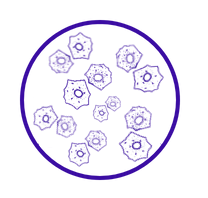
Adherent cells, hIPS cells, HeLa cells, etc...

Cell division, calcium signaling, endo/exotrafficking, phase separation

Ultrafast & precise temperature shift [10′ sec - 5 to 45°C]

Compatible inverted and upright microscope
CherryTemp ultra-fast temperature controller mammalian pack is:
- First software algorithm compensating room temperature variation.
- Budding and fission yeast live cell imaging. You can now control and observe dynamic events (linked to live temperature changes) to discover unthought mechanisms.
Highlights:
- Perform temperature shifts in less than 10 seconds with +/- 0.1 °C precision.
- Dedicated protocols co-designed with our customers.
- Easy handling, fast mounting on a microscope stage
- HR microscopy compatible fits all upright and inverted microscopes.
publications featured cherrytemp
Some significative CherryTemp articles :
1) Elbaum-Garfinkle et al., 2022, Liquid to solid transition of elastin condensates, PNAS. 2) Elbaum-Garfinkle et al., 2020, Tunable multiphase dynamics of arginine and lysine liquid condensates, Nature Communications 3) Kimble et al., 2019, Dynamics of Notch-Dependent Transcriptional Bursting in Its Native Context, Developmental Cell 4) Rosen et al., 2018, Nuclear Import Receptor Inhibits Phase Separation of FUS through Binding to Multiple Sites, Cell More CherryTemp articles here: Read more
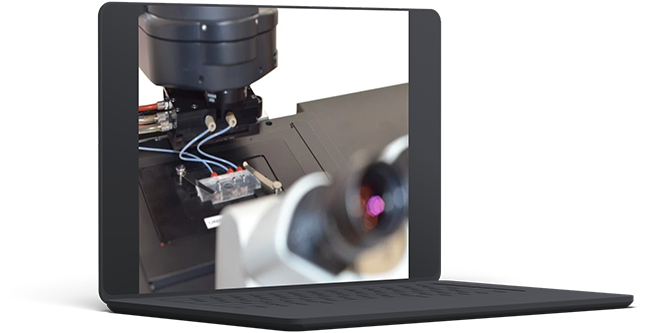
free download ebook
—
complete guide to select the right temperature control system for live imaging
related resources
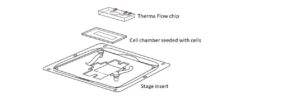 Therma Flow: Protocol For Mammalian Cells...
Therma Flow: Protocol For Mammalian Cells...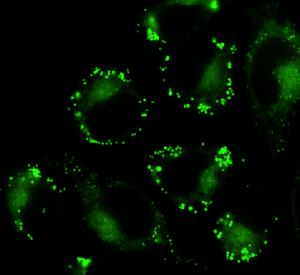 Human Cells: Cellular Metabolism...
Human Cells: Cellular Metabolism...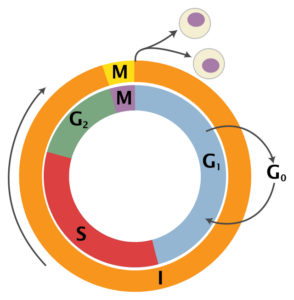 Human Cells: Cell Cycle Temperature Control...
Human Cells: Cell Cycle Temperature Control...What Users Say About CherryTemp
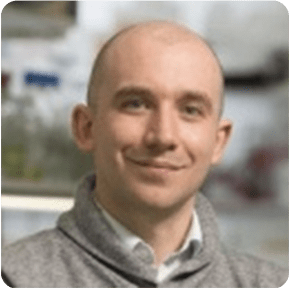
“CherryTemp is a one-of-a kind device for the study of thermosensitive mutants and cytoskeleton dynamics. Its flexibility makes it very easy to adapt to various geometries, from cells to tissue explants or even whole animals !”
Dr. Emmanuel Derivery MRC Lab of Molecular Biology, UK
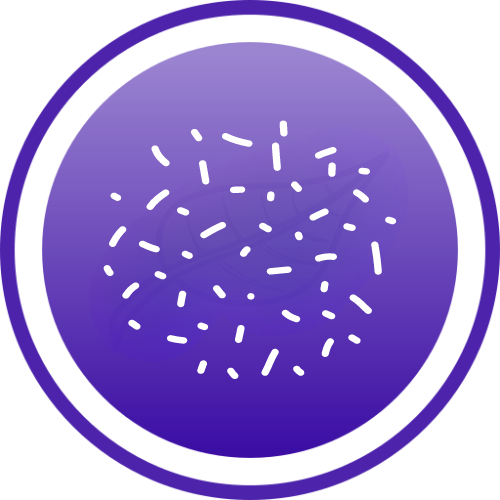
" The Cherry Temp system was essential to acquiring some of our key data on the temperature-dependence of FUS phase separation. The system worked extremely well in these biochemical analyses. It was easy to use and robust, and required only small amounts of material. ”
Prof. Michael Rosen UT SOUTHWESTERN, USA